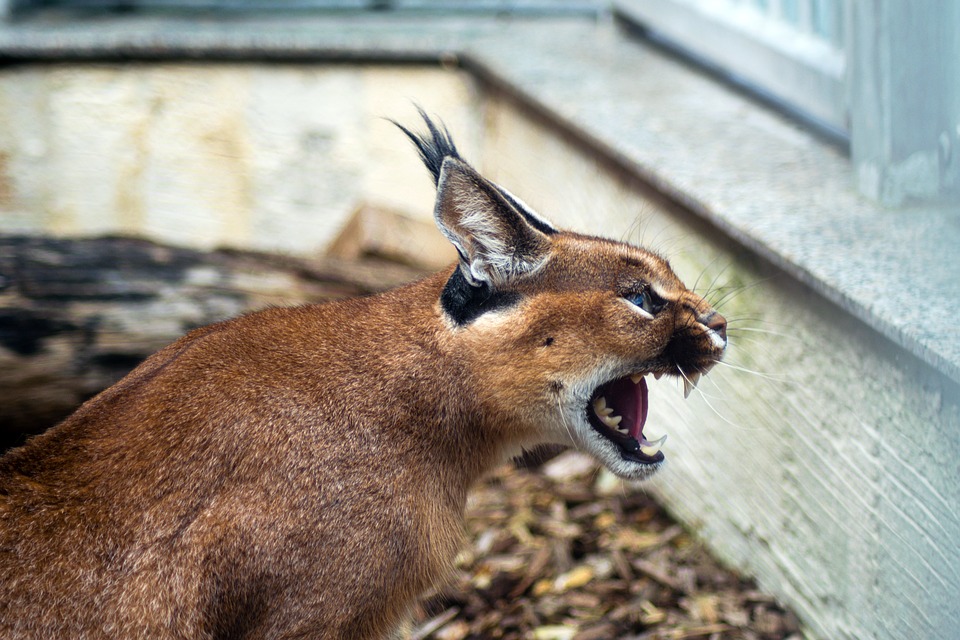
Caracal Cat: Your new pet
The Caracal, also known as the Desert Lynx, is a medium-sized wild cat native to Africa, the Middle East, Central Asia, and India. Recognized for its distinctive tufted ears and elegant appearance, the Caracal has captivated people’s interest for centuries. While some individuals may consider keeping a Caracal as a pet due to its striking appearance, it’s important to understand that they are wild animals and may not be suitable as household pets.
Physical Characteristics:
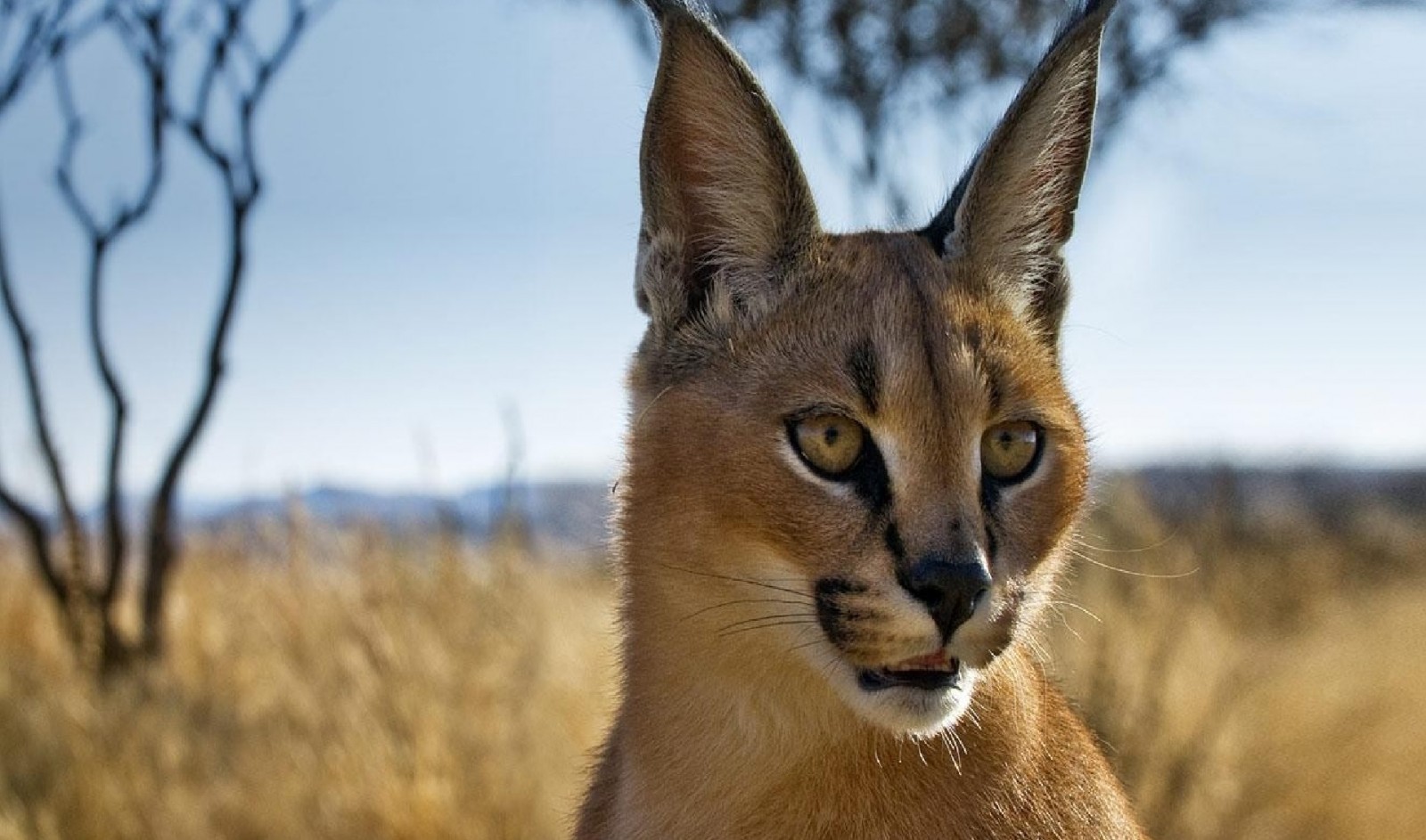
Caracals have a sleek and muscular build, with a short reddish-brown coat adorned with white fur on their belly and chin. They have long legs, allowing them to be agile and excellent jumpers. One of the most distinctive features of the Caracal is its elongated tufted ears, which can reach up to 2 inches in length. These tufts are thought to aid in communication and may also serve as a form of camouflage.
Behavior and Temperament:
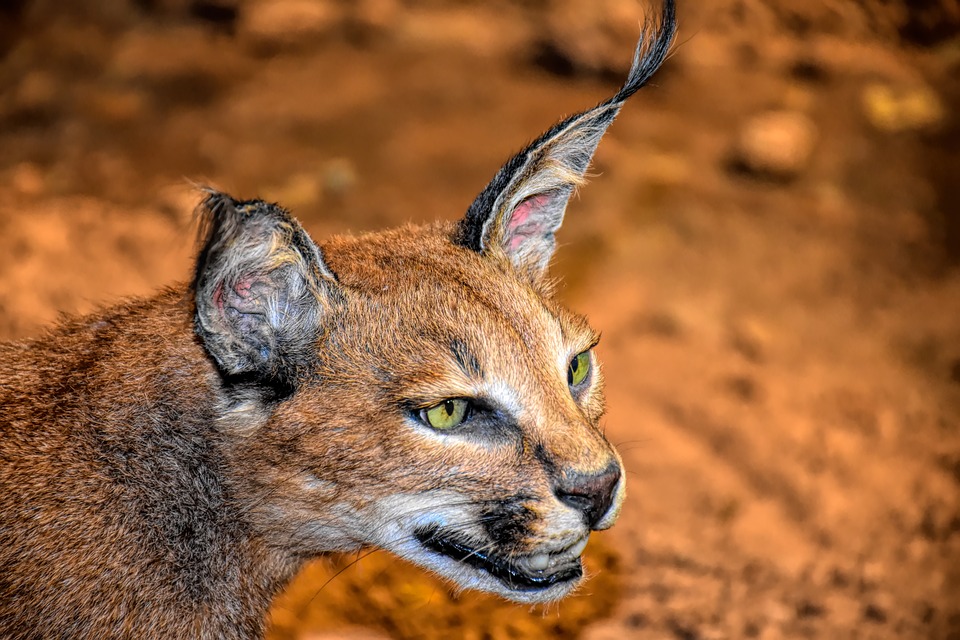
In the wild, Caracals are solitary and elusive hunters, primarily active during the night and twilight hours. They are skilled predators capable of taking down prey much larger than themselves, including birds, rodents, and even small antelopes. Caracals are known for their exceptional jumping ability, which they use to catch birds in mid-flight. While they may display some degree of tolerance towards humans in captivity, they retain their wild instincts and may exhibit unpredictable behavior.
Suitability as Pets:
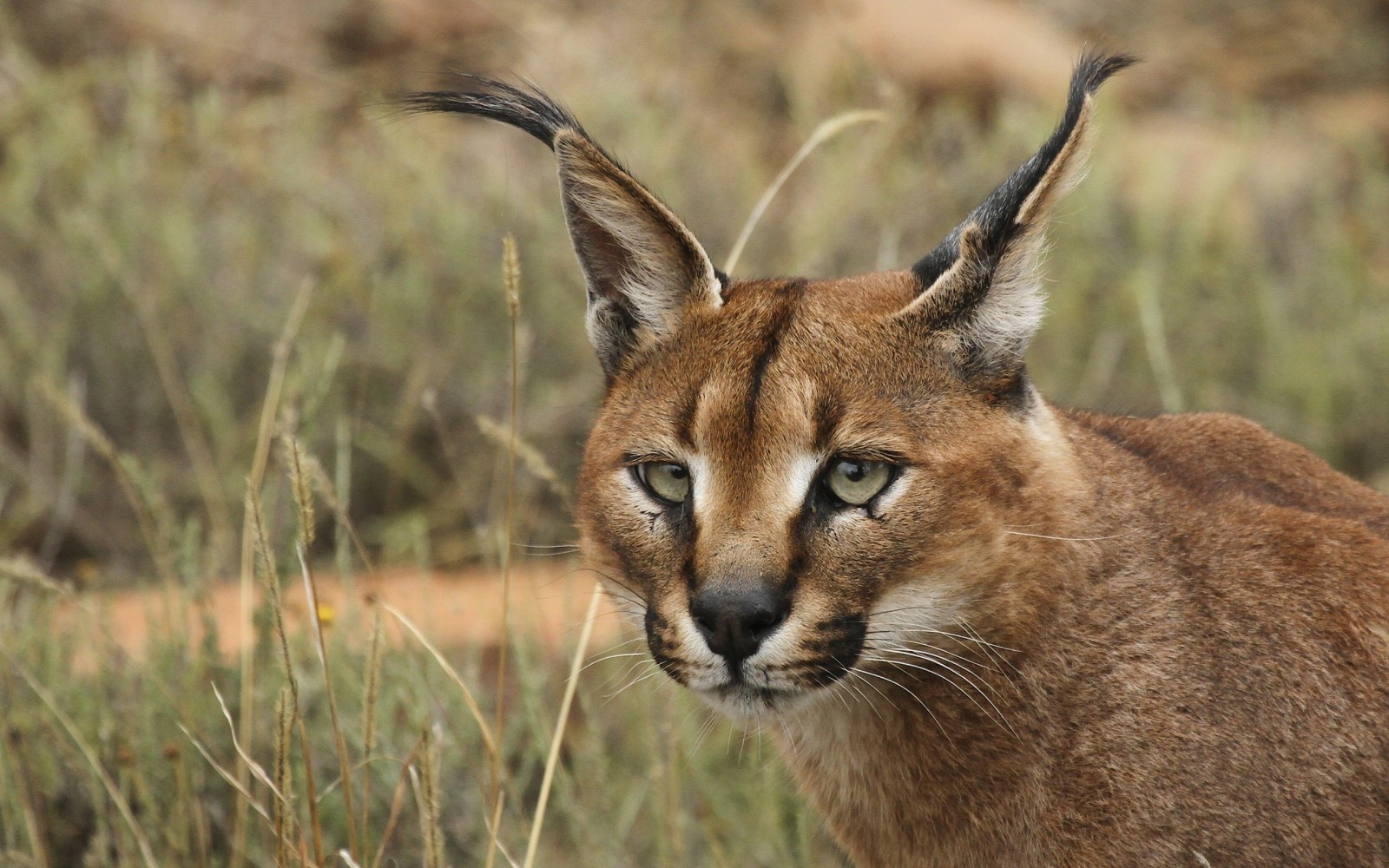
Keeping a Caracal as a pet is not recommended for the average person. These wild cats have specific dietary, environmental, and behavioral needs that are challenging to meet in a domestic setting. Caracals require a large and secure outdoor enclosure that mimics their natural habitat, with opportunities for climbing, hiding, and exploring. They also need a diet that replicates their natural prey, which can include whole prey items such as mice, rabbits, and quail. Additionally, Caracals may pose a risk to other pets and small children due to their predatory instincts.
Legal and Ethical Considerations:
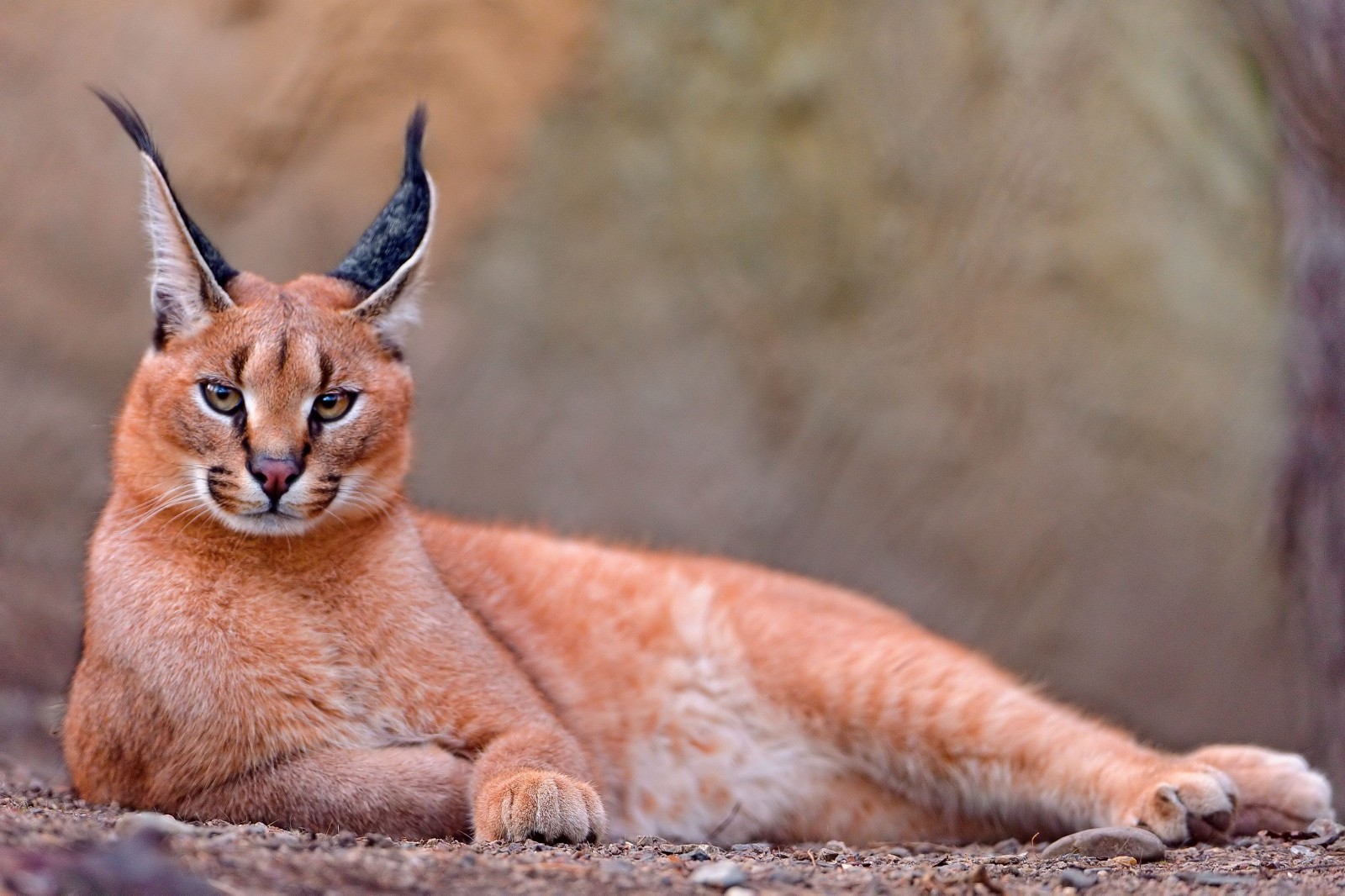
In many countries, including the United States, it is illegal to own a Caracal as a pet without the necessary permits and licenses. Additionally, the exotic pet trade raises ethical concerns about the welfare of wild animals kept in captivity. While some individuals may be attracted to the idea of owning a Caracal due to its exotic appearance, it’s important to prioritize the well-being of these animals and support conservation efforts aimed at protecting them in their natural habitats.
